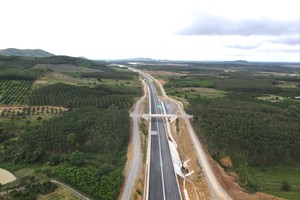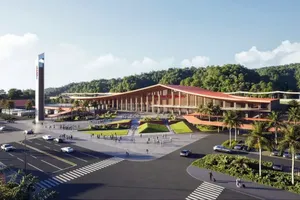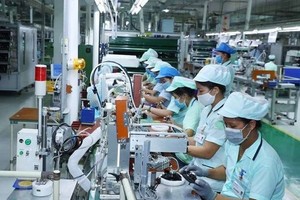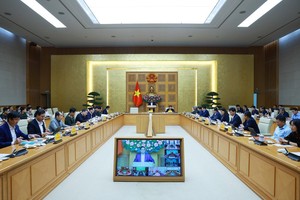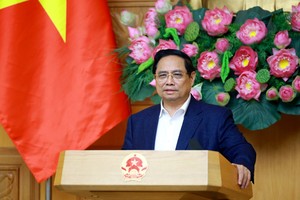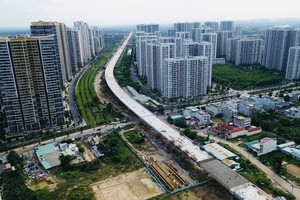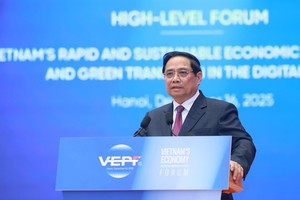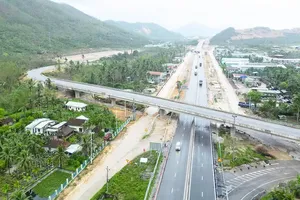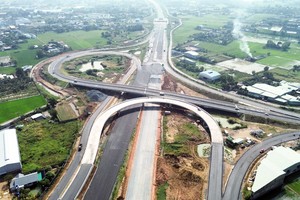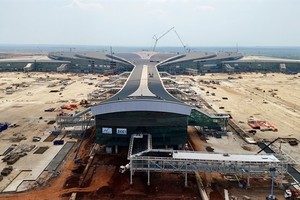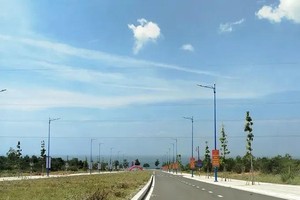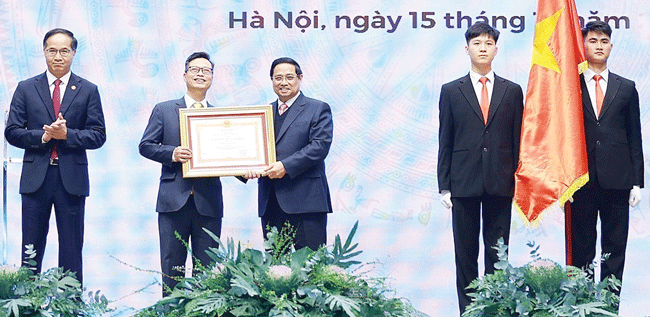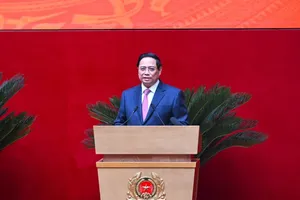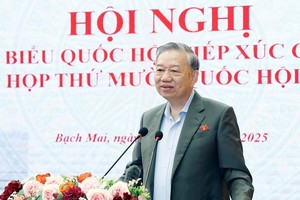Regional connectivity should be set up among localities in the Mekong Delta to promote their strengths and potentials, said delegates at a seminar hosted yesterday in Can Tho City by the Central Economics Committee and the Southwestern Region Steering Committee.

Mr. Nguyen Phong Quang, deputy head of the Southwestern Region Steering Committee, said that the Mekong Delta annually contributed 20 percent of the country’s Gross Domestic Product (GDP), produced 50 percent food output, provided 90 percent rice for exports and 70 percent fruits and 50 percent seafood output.
Economic growth reached 9.06 percent last year with GDP per capita of VND34.61 million. In the first nine months this year, the economic growth was estimated at 8.5 percent.
However, a report reviewing ten year implementation of the Politburo’s Resolution 21 has pointed out limitations in the Mekong Delta’s development such as unsustainable development, asynchronous infrastructure, and unstable agricultural production value.
Besides, the region’s potentials and strengths have not been exploited appropriately and economic development has moved towards width instead of depth.
Although the Government has issued several policies for the region’s development and several domestic and foreign investors have arrived in there, they have yielded meager results because of a shortage in connectivity among localities. Regional development Policies show limitations affecting the delta’s investment environment.
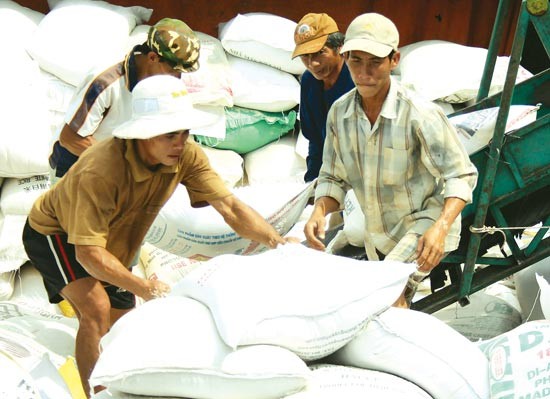
Weak connectivity has resulted in unhealthy competition among provinces to attract investors. This has caused small and overlapped investment and exterminated potentials and strengths of each locality and the entire region, said delegates.
Connectivity has been determined to be necessary for development in the Mekong Delta for five years. However, it has not been well practiced, according to Dr. Le Viet Thai from the Central Institute for Economic Management.
There has no mechanism for the delta’s regional connectivity and no body who come forward for this matter.
Authorized agencies should pay attention to creating a motivation for regional connectivity. Localities should acknowledge their common properties and benefits, he added.
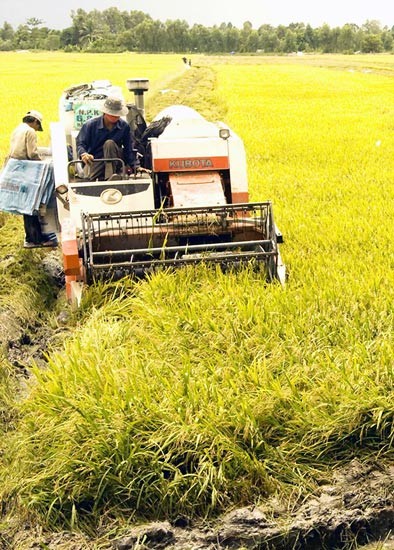
Deputy Minister of the Ministry of Planning and Investment Dang Huy Dong believed that the Mekong Delta would be able increase its export turnover to US$18 billion in the next 3-5 years if a mechanism on regional connectivity is well carried out. The current number is US$10 billion.
A mechanism for regional connectivity should start from voluntary agreement among localities. The policy’s implementation should be joined by the entire political system and society, said Mr. Nguyen Phong Quang.
